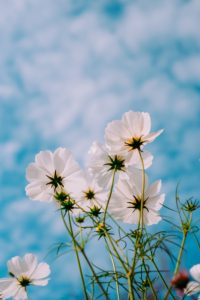Recent research shows strong evidence supporting the use of Acupuncture for both chronic tension type headaches and migraine prophylaxis (prevention)
Chronic headaches can be both debilitating and disruptive and for many, can be a regular occurrence. For those who suffer from migraine attacks, it can greatly affect quality of life, with a reliance on medication, often unavoidable.
Studies show that a course of treatment can be effective for ‘frequent episodic’ and ‘chronic tension type’ headaches. Acupuncture can also play an important role in migraine prophylaxis alongside routine care, lessening the frequency of attacks. Research shows the positive effects of Acupuncture for migraine to be safe, long lasting and cost effective.
Acupuncture has been included in the National Institute for Healthcare and Excellence (NICE) Clinic Guidelines for both chronic tension type headaches and migraine prophylaxis since 2012 (CG 150: 1.3.9 & 1.3.20).
For thousands of years, Acupuncture and Traditional Chinese medicine, have been utilised to help alleviate symptoms and lessen the recurrence of both headaches and migraines. By looking at the whole person and not just the symptom, it can help to identify and address the underlying factors that may be contributing to these symptoms.
If you suffer from chronic headaches or migraines, a course of Acupuncture may be just what you need.
To view the research and guidelines cited in this article, please follow links below:
https://www.nice.org.uk/guidance/cg150/chapter/Update-information



